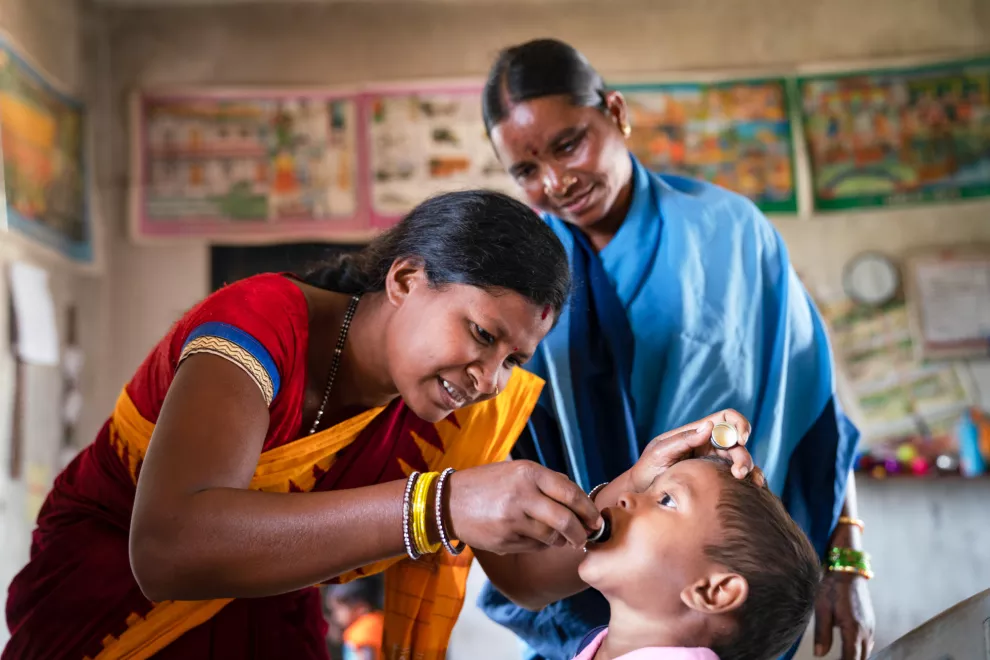Community health workers (CHWs) play a vital role in promoting health equity, addressing healthcare disparities, and improving health outcomes in underserved communities. As trusted members of the community, CHWs provide essential healthcare services, education, and support to individuals who may face barriers to accessing traditional healthcare settings. In this blog post, we explore the role of community health workers, their impact on improving healthcare access and public health outcomes, training requirements, and their contributions to community well-being.
Role of Community Health Workers
Health Education and Promotion CHWs educate community members about preventive care practices, chronic disease management, nutrition, maternal and child health, and other health-related topics. They conduct health screenings, provide resources, and empower individuals to make informed decisions about their health.
Patient Advocacy and Support CHWs serve as advocates for patients within healthcare systems, ensuring they understand medical instructions, navigate services effectively, and receive culturally competent care. They bridge language and cultural barriers, promoting trust and improving health outcomes.
Impact on Improving Healthcare Access
Addressing Healthcare Disparities CHWs work in communities facing healthcare disparities, including rural areas, low-income neighborhoods, and minority populations. By providing outreach and education, CHWs empower individuals to access healthcare services, reducing barriers related to transportation, language, and cultural beliefs.
Promoting Preventive Care CHWs emphasize preventive care through health screenings, immunizations, and wellness initiatives. By promoting healthy behaviors and early detection of health issues, CHWs contribute to reducing hospitalizations and improving overall community health.

Training Requirements for CHWs
Core Competencies CHWs undergo training to develop core competencies in health education, communication skills, cultural competency, and community outreach strategies. Training programs may include coursework in public health, medical terminology, ethics, and patient advocacy.
Certification and Credentialing Some states require CHWs to obtain certification or licensure to practice. Certification programs validate CHWs’ skills and knowledge, ensuring they meet professional standards and contribute effectively to healthcare teams and community health initiatives.
Contributions to Community Well-being
Building Trust and Engagement CHWs establish trusting relationships with community members, fostering open communication and participation in health promotion activities. Their culturally sensitive approach improves healthcare utilization and empowers individuals to take charge of their health.
Advocating for Health Equity CHWs advocate for policies that promote health equity, social justice, and access to quality healthcare for all community members. They collaborate with stakeholders, policymakers, and healthcare providers to address systemic barriers and disparities in healthcare delivery.
Conclusion
In conclusion, community health workers play a pivotal role in enhancing access to healthcare, improving public health outcomes, and promoting health equity in underserved communities. By leveraging their unique position as trusted advocates and educators, CHWs empower individuals, families, and communities to achieve better health and well-being. Investing in CHW training, support, and integration into healthcare systems is essential for building resilient communities and fostering equitable healthcare access for all.


